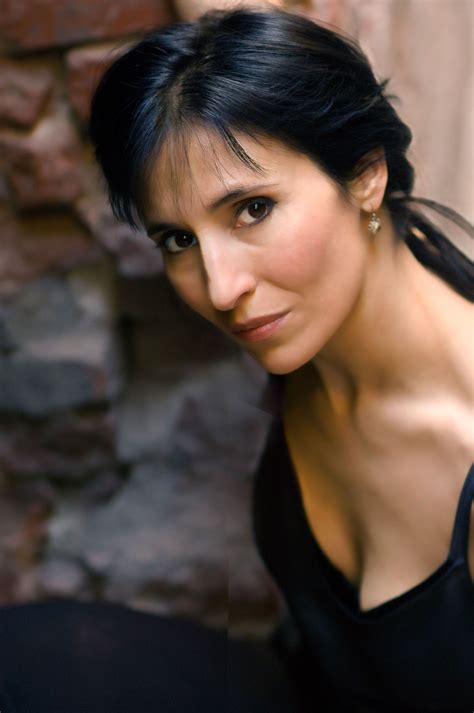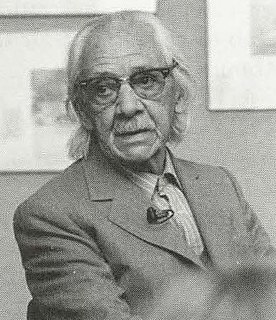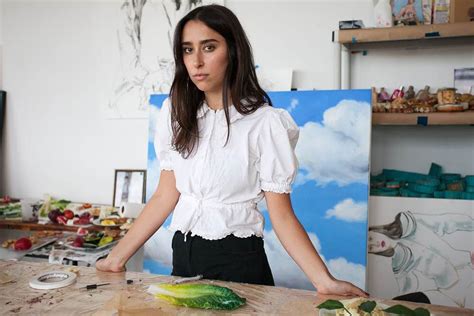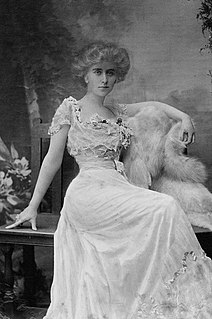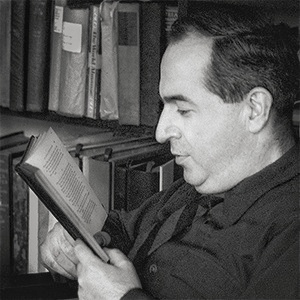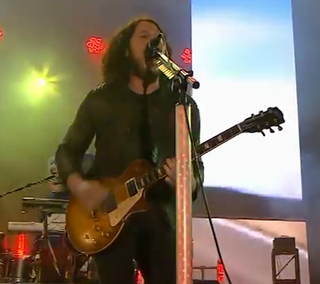A Quote by Yareli Arizmendi
As artists, the pleasure is to really have your work resonate and mean something. Art takes its inspiration from reality.
Related Quotes
I think art is beautiful. It's decoration and adornment. But art is also a really important vessel for social change, and social change begins with thought. And so if you can find humor in something and take a moment to rethink it, you can take a step back and look at your values from a different angle. I think that's a really important way of carrying on with life. I think the best art for me is funny and the best comedy for me is art. Some of my favorite artists are comedians. Comedy is art, and art can be comedy, and the intersection is vital - at least for my own work.
At first, when an idea, a poem, or the desire to write takes hold of you, work is a pleasure, a delight, and your enthusiasm knows no bounds. But later on you work with difficulty, doggedly, desperately. For once you have committed yourself to a particular work, inspiration changes its form and becomes an obsession, like a love-affair… which haunts you night and day! Once at grips with a work, we must master it completely before we can recover our idleness.
Art movements are always linked to some kind of turmoil. We can look at history and see that [political turmoil is] fertile ground for art. I also think that it gives artists something, a way of kind of processing. My friends and I have all been super motivated to work and to do the work that we need to and want to and think should be in the world. Hard times are really a fire under your ass to prioritize and think, "Okay, how can I challenge myself to put something in the world that wasn't there that can reach other folks and help them to process"?
Art can mean a lot of things. At the heart of it, art is doing something you really believe in. Like my wife, she volunteers helping underprivileged kids, that's her art. To me, anything that you do that you truly believe in makes you an artist. It doesn't necessarily mean being a painter or a film maker. That's art, but there's more to it than that. As long as you're pouring your heart and soul into what you're doing, that's the weapon.
There is a sensuousness to language, there's a pace to it. There's a deliciousness to it. I do have pleasure when I'm writing. I mean, I'm aware of pleasure. And sometimes I make myself laugh, with a joke or something; or I feel gleeful. But that's just momentary. And then it's about how to make it work. Your medium has to be alive to you, no matter what you do.
I believe Picasso's success is just one small part of the broader modern phenomenon of artists themselves rejecting serious art- perhaps partly because serious art takes so much time and energy and talent to produce-in favor of what I call `impulse art': art work that is quick and easy, at least by comparison.
There is no satisfying the senses, not even with a shower of money. "The senses are of slight pleasure and really suffering." When a wise man has realised this, he takes no pleasure, as a disciple of the Buddhas, even in the pleasures of heaven. Instead he takes pleasure in the elimination of craving.
I mean, part of the justification for art is art history, the fact that you're part of this tradition. You can't really operate outside of it. So looking for what this work is really about, if I look at Velázquez, if I look at Las Meninas or The Tapestry Weavers [1657] or something and really study it and try to figure out what that painting is really about, then I find relationships between what I'm trying to do and what he was doing.
Art is frightening. Art isn't pretty. Art isn't painting. Art isn't something you hang on the wall. Art is what we do when we're truly alive. An artist is someone who uses bravery, insight, creativity, and boldness to challenge the status quo. And an artist takes it (all of it, the work, the process, the feedback from those we seek to connect with) personally.
